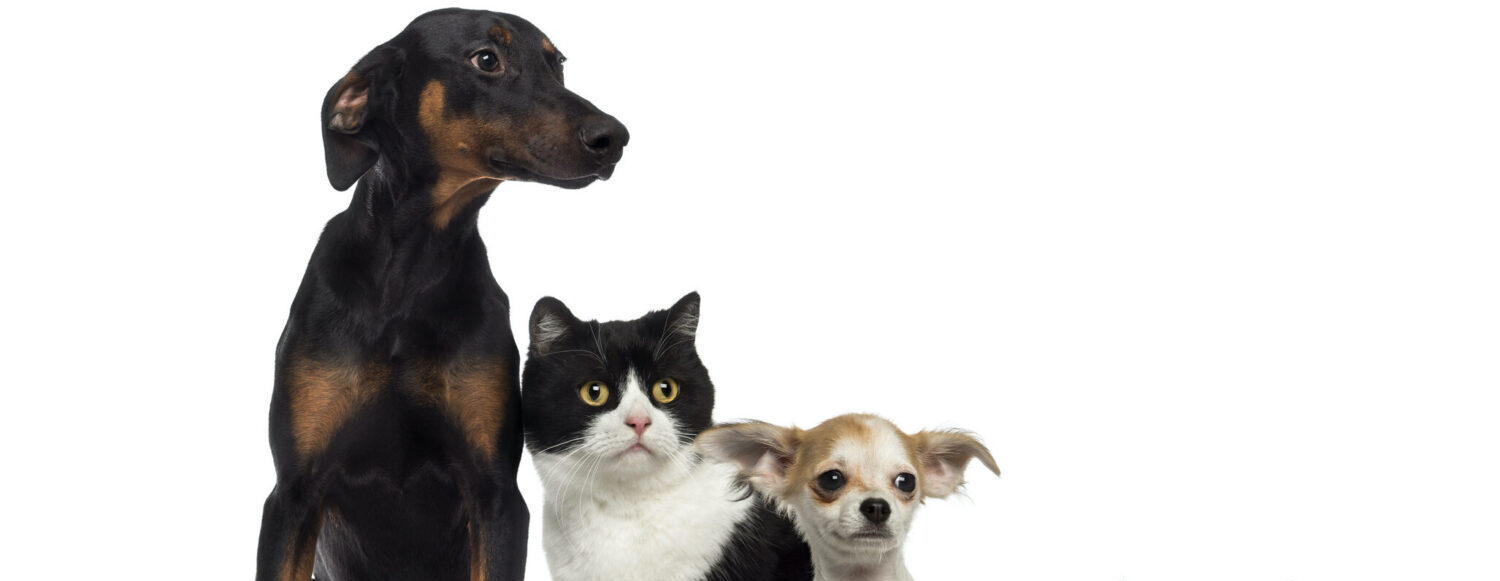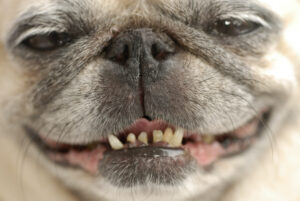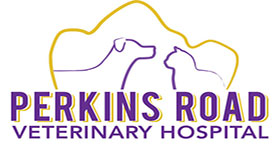
More than bad breath: What your pet’s mouth is actually telling you
Sponsored by Perkins Road Veterinary Hospital
Oral diseases are very common in pets’ mouths. In fact, periodontal disease is the most common disease in cats and dogs over the age of two. Unfortunately, these are also one of the most under-diagnosed problems in veterinary medicine.
Dental care is vital to the overall health of any animal. The Perkins Road Veterinary Hospital is home to the only board certified Veterinary Dentist and Oral Surgeon in the state of Louisiana, Dr. Curt Ritchie. Dr.Ritchie has been teaching veterinary dentistry at the LSU School of Veterinary Medicine for nearly a decade. He and his staff help patients everyday with basic dental and preventative care to very advanced, complex oral surgeries. Veterinary hospitals all over the state of Louisiana, and surrounding states, refer their dental and oral surgery patients to him for their care.
TOOTH TRUTHS
 Dr. Ritchie shares some common myths about your pet’s oral health and tips to improve their overall health. Look for more tips in [225] from Dr. Ritchie’s throughout 2022.
Dr. Ritchie shares some common myths about your pet’s oral health and tips to improve their overall health. Look for more tips in [225] from Dr. Ritchie’s throughout 2022.
Myth: While his breath smells terrible, my dog’s appetite seems fine—so there’s nothing to worry about, right?
Reality: Don’t expect your pet to show you that they have oral pain. Pets are very good at masking signs of pain, and when they are faced with a decision to continue to eat or starve, they almost always chose to keep eating. What you smell in his breath is tissue and bone destruction. It’s important to schedule a checkup and get ahead of more serious issues.
Myth: It’s okay to just monitor a broken tooth. And, if it’s broken, it must be extracted.
Reality: If the tooth’s fracture has reached the pulp chamber there is 100% chance the tooth will die. This can lead to abscess formation, draining tracts, and cause disease of adjacent teeth. If caught early enough the tooth may not require significant oral surgery to extract and may be saved with root canal therapy.
TREAT THEM BETTER
Snacks and diets matter. NEVER allow your pet to chew on ice, cow hooves, bones, deer antlers, or very hard plastic chews—these are the #1 causes of broken teeth. The Veterinary Oral Health Council (VOHC) authorizes the use of its registered seal on products intended to help retard plaque and tartar on the teeth of animals. When choosing treats for your furry friend, just look for the VOHC seal on the packaging. Dr Ritchie recommends Greenies, Tartar Shield, CET Veggiedent, Oravet Chews, and Hill’s T/d diet.
Myth: My vet does a visual inspection of my pet’s teeth when we’re there—surely, they will notice any problems going on.
Reality: Imagine if your dentist just looked at your teeth—no x-rays—just a visual inspection. For humans and their pets, plaque is the culprit of all periodontal disease. Hidden plaque (under the gum line/in the gingival sulcus) is what causes disease and destruction of oral soft tissue and bone. Just like their humans, pets need a comprehensive oral health assessment and treatment.
“You cannot properly fully diagnose oral diseases without dental x-rays or CT,” Dr. Ritchie warns. “Ask your veterinarian if they take full mouth x-rays for all of the dental procedures they perform—unfortunately, proper imaging is not as common as you may think—this often leads to serious yet treatable conditions going undiagnosed and costing your pet their health.”
What makes a veterinary dentist different?
• Veterinary dentists have gone through a rigorous residency program and board certification examinations
• All of Dr. Ritchie’s patients receive a complete and thorough oral examination and imaging. All abnormal issues are detected and treated correctly.
• Veterinary dentists have in-depth knowledge, advanced skills, and specialized tools and equipment not common in general practices
Dr. Ritchie also routinely performs root canals, crowns, jaw fracture repair, oral cancer surgery/treatments, orthodontics, and many other advanced procedures. Visit prvh.net or call 225.766.0550 to schedule a consultation with Dr. Ritchie and his team. 
